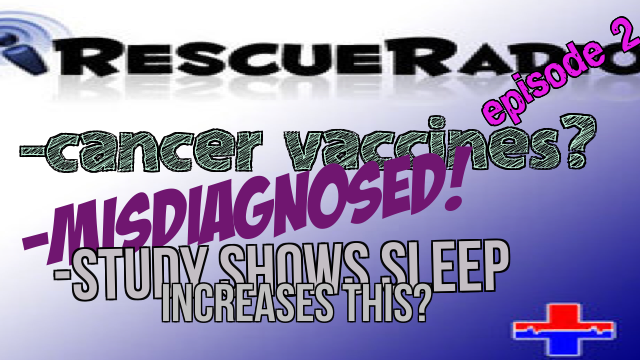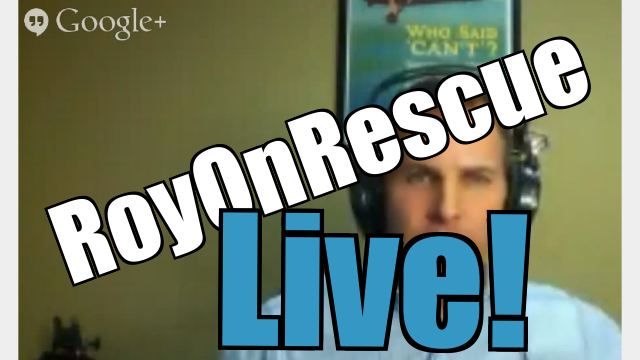Hi Alexi! So, asthma is one of the scariest medical problems known. It’s like drowning on dry land and there’s very little we can do about it if we don’t have the proper medications and tactics to relieve the bronchospasms. See your doctor. They are the only one that can prescribe to levels of treatment. 1. Preventative treatment that will make your asthma attacks few and far between and help manage your condition so that you don’t run into problems down the road. 2. A rescue inhaler that can be used to help break the bronchospasms or relieve the asthma attack so that you can breath more normally again. If you have chronic allergies that are causing you to be in a state of inflammation, an allergist may be on the short list of people to contact too. This will help lower your inflammation so that asthma attacks may not strike as often. Exercise is usually good for asthma but you will want to see your doctor and get on a treatment plan first. So, I would highly encourage you to make sure that you have not only one but sever fresh Albuterol inhalers with you or in near proximity. Remove your environmental or food allergies whenever possible and get on an asthma treatment and prevention plan so that you can live your life more fully and normally. All this will reduce your fear of the next asthma attack. I hope this helps and thanks for the question! Roy
Tag Archives: Asthma
iRescueRadio 002: Stem Cells, Overworked Doctors, Cancer Vaccine, Asthma, and Sleep
 This episode of iRescueRadio was originally released in November of 2008. In it we discussed how stem cells have shown to help the body accept an organ transplant; we investigated the reasons for misdiagnosis of asthma and other illnesses, such as overworked doctors and excess paperwork; a new skin cancer vaccine is discussed; and the power of sleep as a memory aid and an important agent to fight cancer.
This episode of iRescueRadio was originally released in November of 2008. In it we discussed how stem cells have shown to help the body accept an organ transplant; we investigated the reasons for misdiagnosis of asthma and other illnesses, such as overworked doctors and excess paperwork; a new skin cancer vaccine is discussed; and the power of sleep as a memory aid and an important agent to fight cancer.
RoyOnRescue Live! – Episode 1 Seizures and Asthma Attacks, What To Do?
Hello Rescue Fans!
Today marks our first try at a live, hour long episode where we open up the communication line and answer questions on the fly. Today’s broadcast was on very short notice but we took a deeper look at what causes seizures and what to do if you see someone have one. The n, in the second half of the show, we answer a question about severe asthma and what to do if your rescue inhaler isn’t working. Make sure you leave me feedback about how it went and let me know if you’d like to see more of these in the future in addition to my normal episodes. Please include times, days and length of production as I’d like to try to set one up for the future that more people could attend. If you missed the live broadcast, you can still see it here!
n, in the second half of the show, we answer a question about severe asthma and what to do if your rescue inhaler isn’t working. Make sure you leave me feedback about how it went and let me know if you’d like to see more of these in the future in addition to my normal episodes. Please include times, days and length of production as I’d like to try to set one up for the future that more people could attend. If you missed the live broadcast, you can still see it here!
What Do I Tell My Friend To Do If They Have An Asthma Attack?
Asthma stinks! But what’s worse is when we have an attack. There’s no better treatment than management to prevent an attack. Avoiding triggers, maintaining regular preventative medications and always having a rescue inhaler available that is not expired and not empty. If a person is having signs of an attack, it’s never a bad idea to call 911 and then begin to treat the symptoms with their medications. If the attack ends, becomes manageable and everything is fine, then the ambulance leaves and there’s no problem. If the attack is persistent and the medications don’t work, one will never regret having called for EMS backup. Remember, you can always send them away, but we can never make up for lost time.
If a person is having trouble with their asthma(wheezes in or out or both, short of breath, tightness, having small attacks, more albuterol use than normal, has congestion or feels like their not able to move as much air(maybe they have a peakflow meter and it’s reading lower than normal) they should call their doctor. Again, if they’re having an attack, call 911. Don’t rely on home remedies and cold air. Hope this helps.
Roy
Allergic Reaction and No Epi Pen!
I received another email from a person asking: “What are basic first aid measures for a serious allergic reaction if there is no epi pen available? I watched your training video in your library at ProFirstAid.com but I can’t seem to find an answer.”
Thanks for your answer,
C
Thanks for the question C. I thought this was a good question and a situation which no one wants to find themselves. So I decided to reply back and include it into the RoyOnRescue.com blog response. I hope it helps.
Here’s my reply:
Dear C,
Other than immediately calling EMS/911, if at all possible, let the person rest in position of comfort.
Some of the things that are indicated for first aid providers are:
1. Watch for signs and symptoms of severe allergic reactions like difficulty breathing, itching, hives, swelling, sore throat, anxiety.
2. Remove victim from anything that would aggravate or worsen the symptoms.
3. Give supportive care like rescue breathing, CPR, shock treatment etc when indicated.
4. If at all possible, identify what it is that gave the person their serious allergic reaction and avoid any further exposure to it.
This is not a prescription but simply something that I would do. I always like to have liquid diphenhydramine(Benadryl like antihistimine) on hand that can be taken as prescribed on the container or per doctors order. If I did not have a prescription for a “rescue inhaler” like albuterol or didn’t have an allergy response kit prescribed and filled from my doctor I would really emphasize doing so, and then keeping it up to date as the epi pen and other medications could expire and be useless.
Remember, recognizing the early signs of an allergic reaction and activating EMS/911 as soon as possible is critical. Time is of the essence. Oh! And if you think you may have an allergy, or have ever had a severe allergic reaction, you should be sure to contact your medical professional and get a filled prescription for an emergency allergic reaction kit, AKA: bee sting kit.
I hope this helps, and best wishes.
Roy
Asthma Attack and No Medication!
One of the scariest feelings is not being able to breath. This is exactly what is happening during a severe asthma attack. I received an email from a person who stated that they have been trained in CPR and First Aid multiple times and though it covers the basics of asthma it never really talks about what to do in depth. They gave me a scenario where a person may be having an asthma attack and EMS is quite some ways away. What’s worse, there isn’t any medication for the asthma attack! Now what?
In this episode we take a look at what asthma is, and how we can confidently handle it even if there isn’t any medications and EMS/911 is delayed.
Asthma Guide
Asthma Symptoms
ProFirstAid.com Training (Allergic Reactions)



